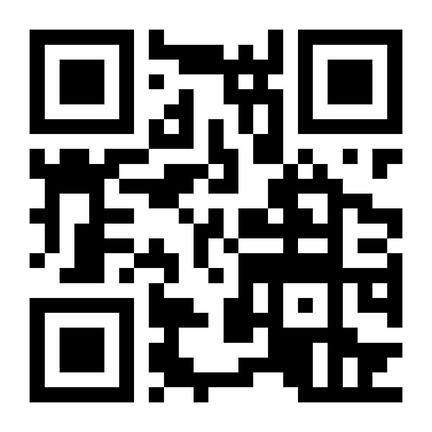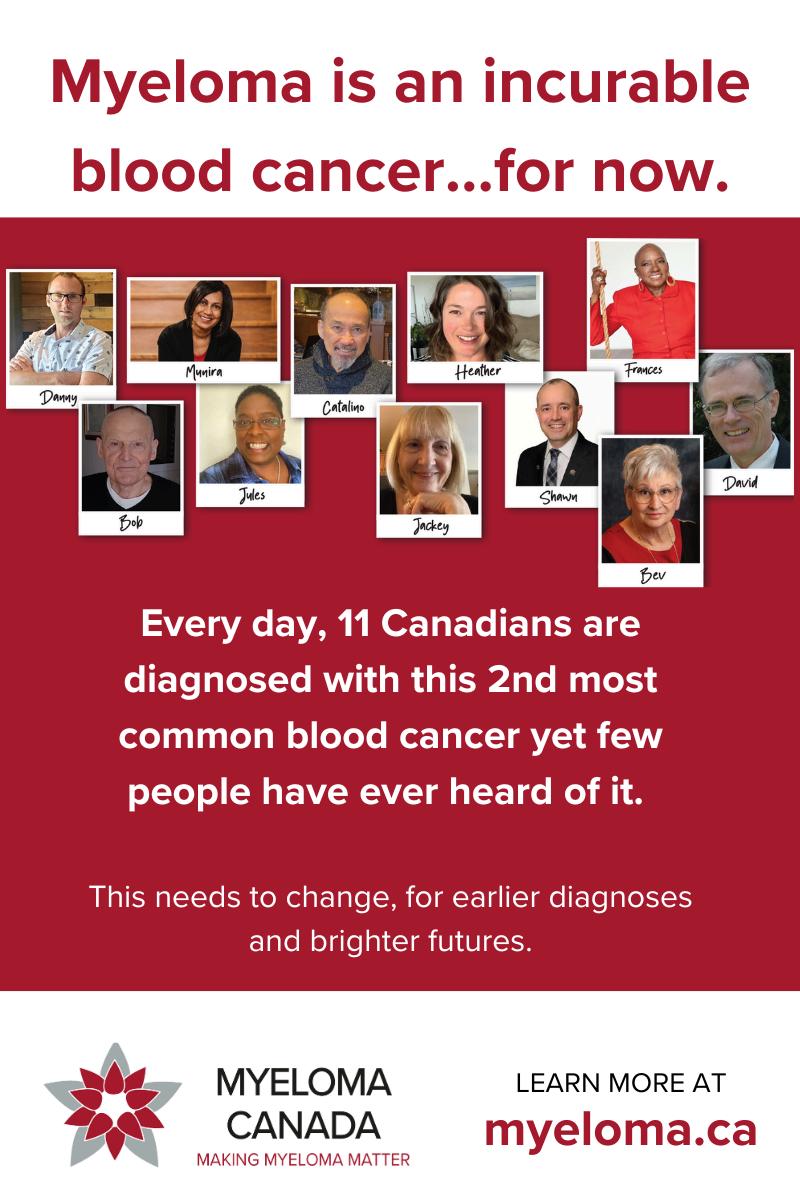
1 minute read
The Age of Anger con`t
2.AnalysisandDialogue
Reflect on Underlying Themes: Use your entries to reflect on deeper issues that your anger might be signalling. Ask yourself, "What does this anger tell me about my values or unmet needs?" For instance, being repeatedly angry over being interrupted might reflect a deeperneedforrespectortobeheard.
Dialogue with Anger: Engage your anger in a written dialogue to understand its purpose and what it's trying to communicate. Write a question such as, "Why are you here?" and respond from the perspective of your anger. This can reveal motivations like protecting yourselffromfeelingundervaluedorexposed.
3.InsightandResolution
Engage in Word Association: To explore subconscious elements of your anger, start with a central word related to your feelings and jot down associated words or thoughts. This spider webofwordscanhelpyouvisualizeandunderstandconnectedemotionsortriggers. Foster Forgiveness: Reflect on the potential for forgiving yourself and others involved in the situations you've journaled about. Consider how holding onto anger affects you and how letting go might bring peace. Write about what forgiveness might look like in your situation andthestepsyoucouldtaketowardachievingit.
TowardsaCalmerFuture
While anger is a natural human emotion, it can have profound effects on our personal and professional lives if left unchecked. Understanding the signs of problematic anger and employing immediate and long-term strategies to manage it are essential to maintaining emotional health andenhancinginterpersonalrelationships.
Remember, the journey to control anger is ongoing. Each step invests in your well-being and builds stronger, healthier connections with those around you. By committing to these practices, you equip yourself with the tools to face challenges more constructively and with greater resilience.
Rod Mitchell is a Registered Psychologist who works with perpetrators and victims of family violence at a women's shelter agency in Calgary. He also leads a private psychology practice, Therapy Calgary Emotions Clinic. Rod specializes in using innovative psychological techniques to help people manage and transform overwhelming emotions like anger, anxiety, stress, and grief. You can get in touch with Rod by emailing him at rod@emotionstherapycalgary.ca
For more information, visit the Therapy Calgary Emotions Clinic website at emotionstherapycalgary.ca, where you can also find articles Rod has publishedonvariousmentalhealthtopics.
TherapyCalgaryEmotionsCliniclocation: 214517StSW Calgary,AB,T2T4M5













